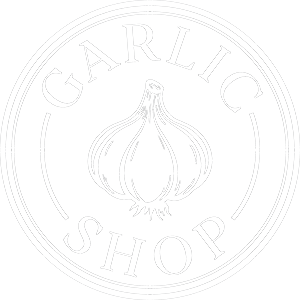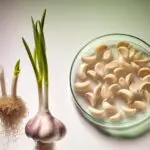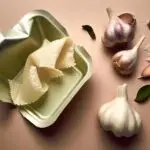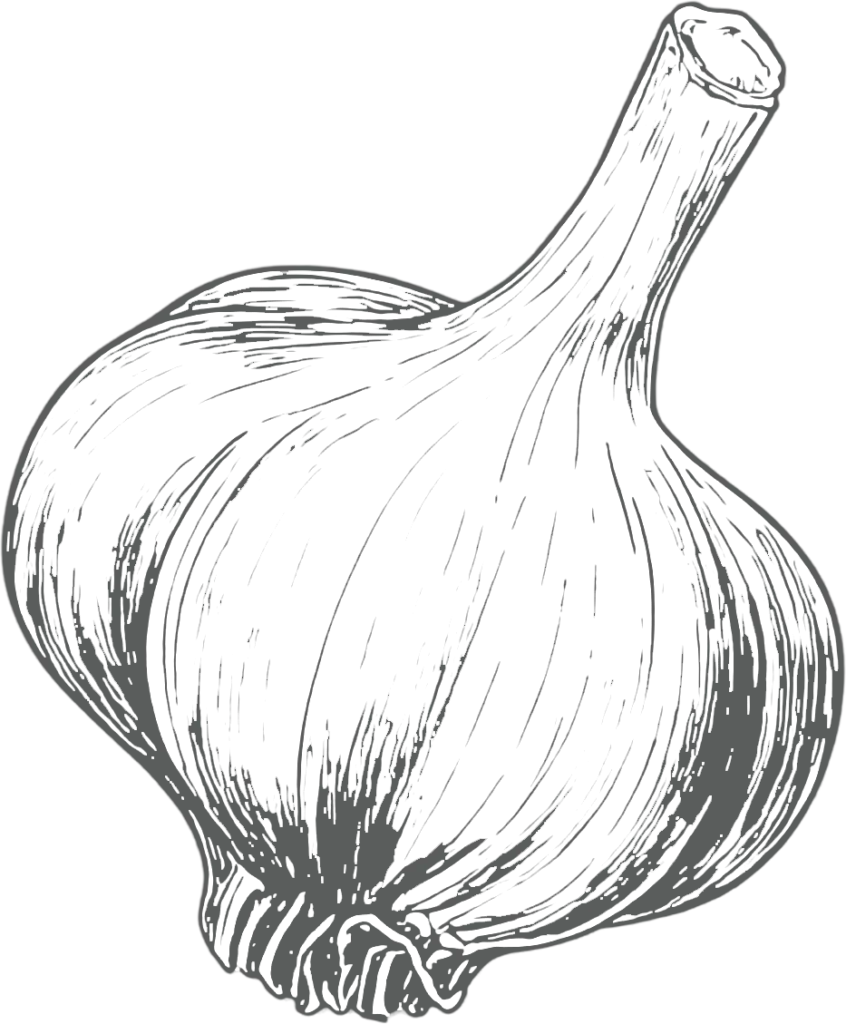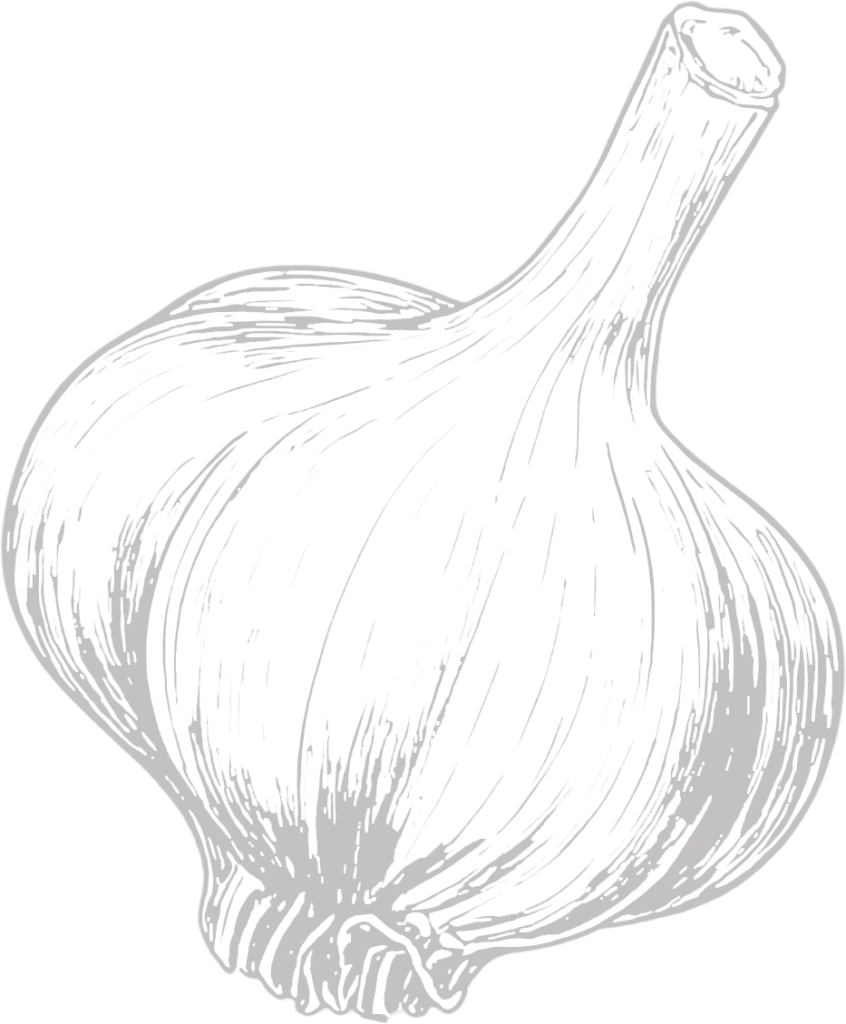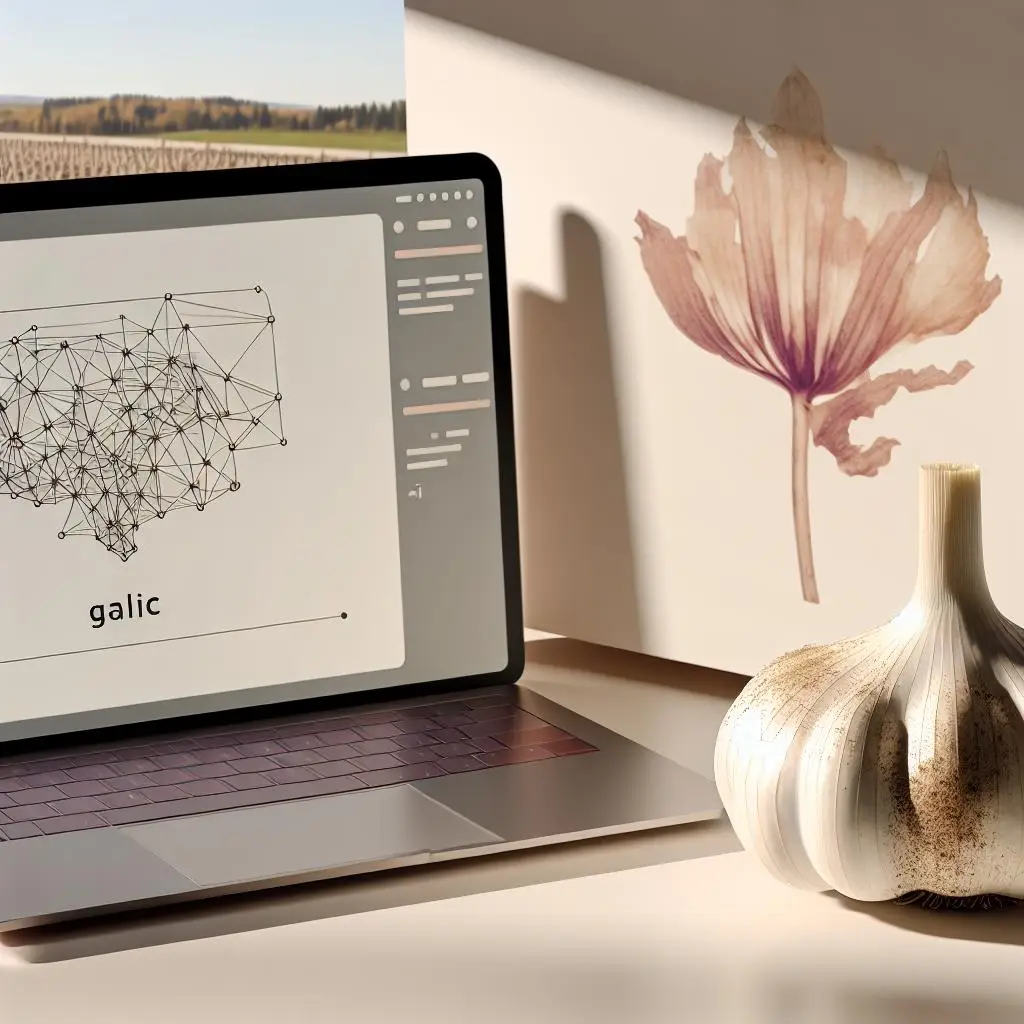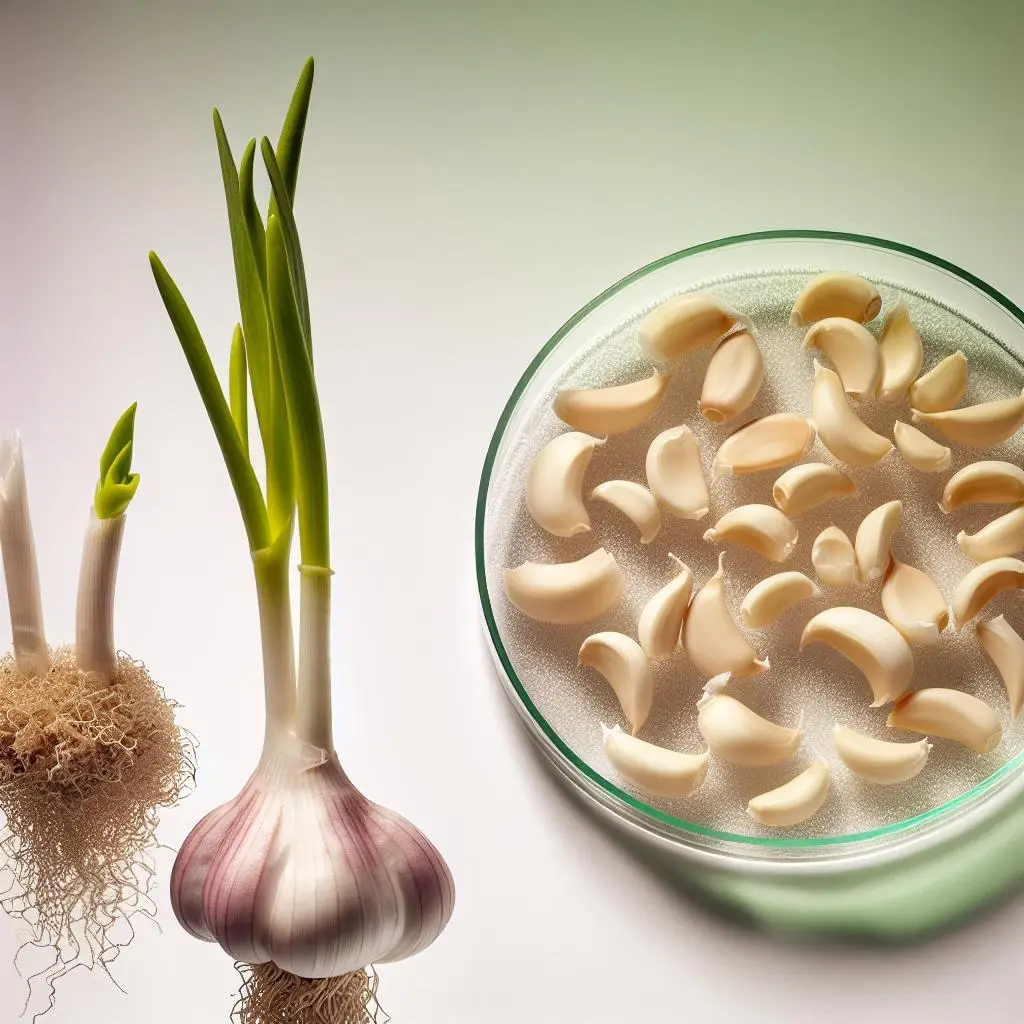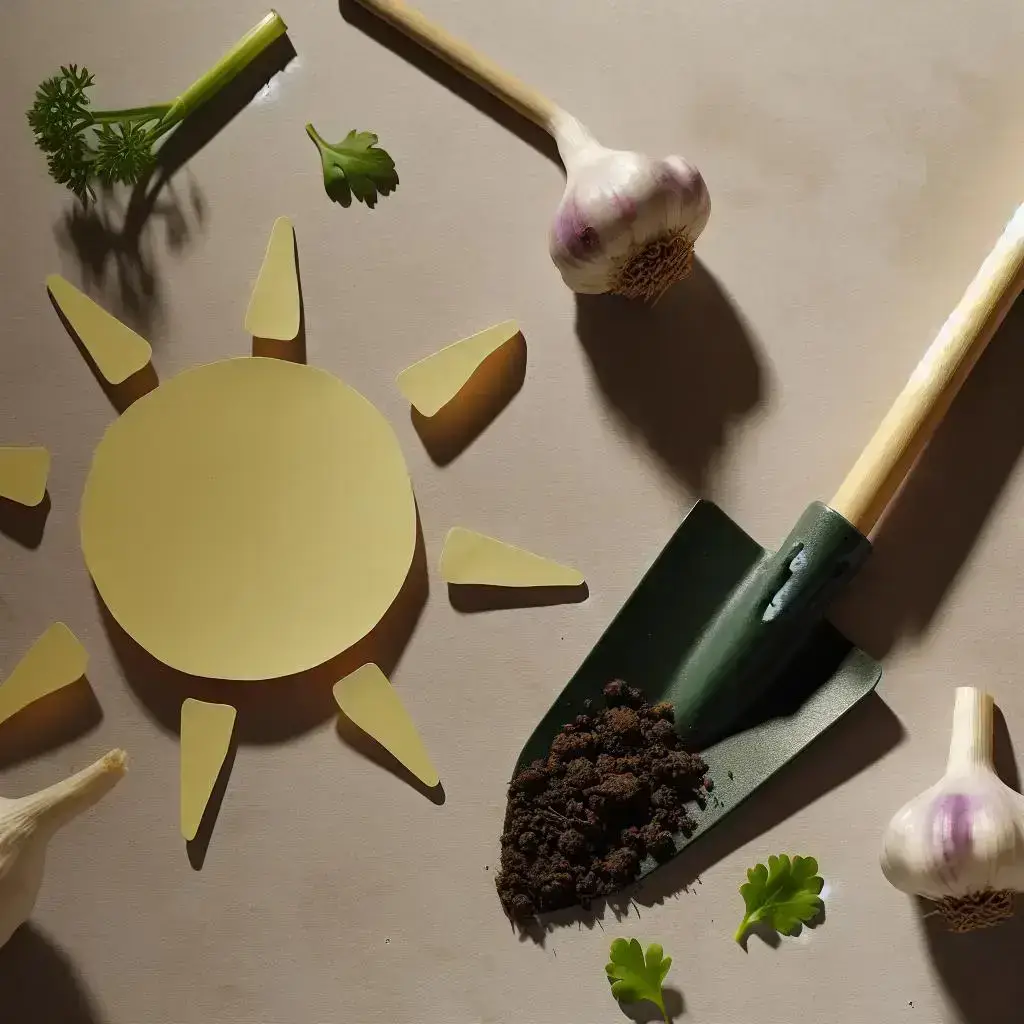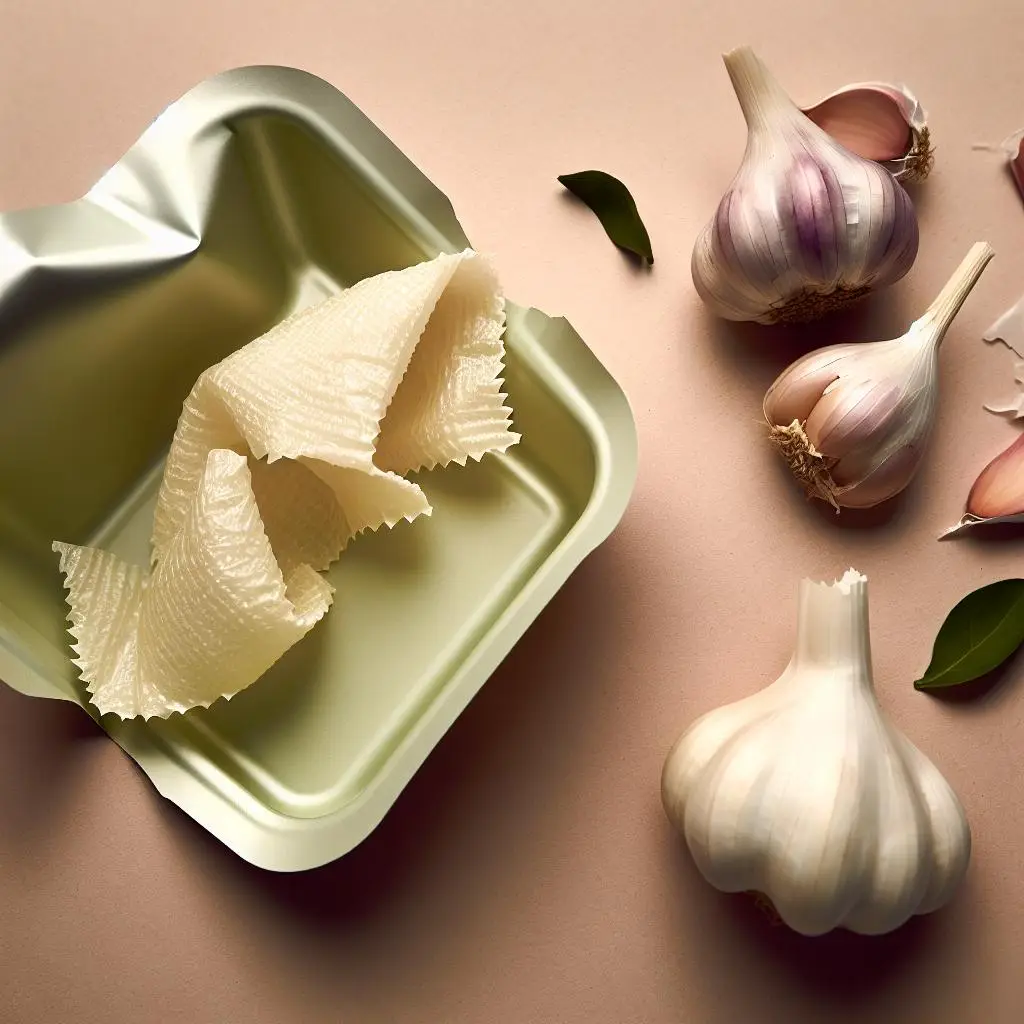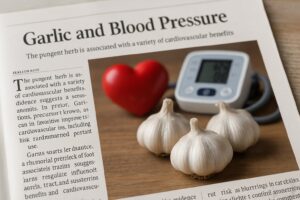 Few foods spark as much fascination as garlic. For centuries, people have whispered about its power — not only in kitchens but in medicine cabinets. But when it comes to blood pressure, one of the UK’s most pressing health concerns, can garlic truly make a difference? Or are we dealing with nothing more than well-seasoned folklore?
Few foods spark as much fascination as garlic. For centuries, people have whispered about its power — not only in kitchens but in medicine cabinets. But when it comes to blood pressure, one of the UK’s most pressing health concerns, can garlic truly make a difference? Or are we dealing with nothing more than well-seasoned folklore?
The Science Behind Garlic and Blood Pressure
Modern research has shone a surprisingly bright light on garlic’s potential role in cardiovascular health. Studies suggest that compounds like allicin may encourage blood vessels to relax, improving circulation and potentially lowering blood pressure. Some clinical trials even report reductions in systolic blood pressure comparable to first-line medications, though results vary.
It’s important to stress, however, that garlic isn’t a magic pill. Scientists remain cautious: while promising, the effects are not universal, and results depend on the form of garlic (fresh cloves, aged extracts, or supplements) and the amount consumed.
Fresh Cloves vs. Supplements
Supermarkets are stocked with garlic supplements claiming to support heart health. But is swallowing a capsule the same as crushing a clove? Fresh garlic, when chopped or pressed, releases allicin — one of its most active compounds. Supplements may stabilise this compound or mimic its effects, but quality can vary widely between brands.
If you’re considering adding more garlic to your routine, fresh is often best. And if you’re preparing it at home, using a sturdy garlic press not only saves time but ensures you’re extracting maximum flavour and benefit.
A Lifestyle Perspective
Garlic should be viewed as part of a broader lifestyle approach rather than a stand-alone cure. A balanced diet, regular movement, stress management, and proper sleep remain the pillars of healthy blood pressure management. Adding garlic to your meals can be a delicious extra — not a substitute for medical treatment.
Interestingly, garlic also plays a role in culinary traditions that naturally support health. Think of the Mediterranean diet: rich in vegetables, olive oil, and yes, plenty of garlic. Perhaps it’s not just the cloves, but the company they keep, that contributes to longevity.
The Cultural Weight of a Clove
Beyond the lab, garlic carries symbolic power. In some traditions, it’s seen as a protective force against illness and misfortune. That enduring belief mirrors our modern hope: that something as simple as a clove of garlic could shield us from modern-day risks like hypertension.
The Takeaway
So, is garlic a natural ally against high blood pressure? The answer is a cautious “yes” — with conditions. It can complement, but not replace, proven treatments. Its greatest strength may lie in reminding us that food is more than fuel: it’s part of our wellbeing story.
The next time you crush a clove, whether to season your stew or enhance your health, pause for a moment. Could this humble bulb be doing more than flavouring your dinner? Or is the real secret hidden in the way we live, not just the way we season?
